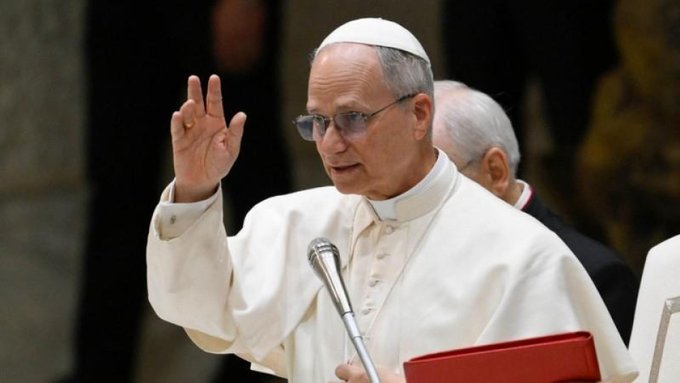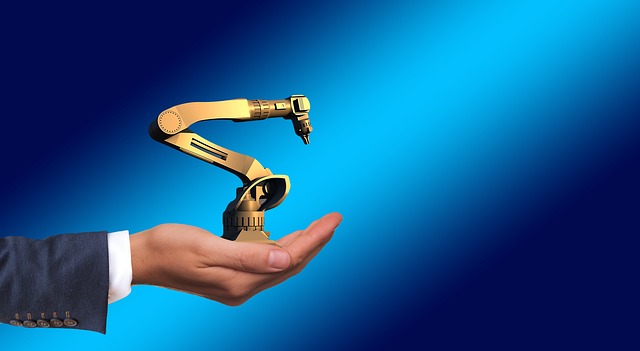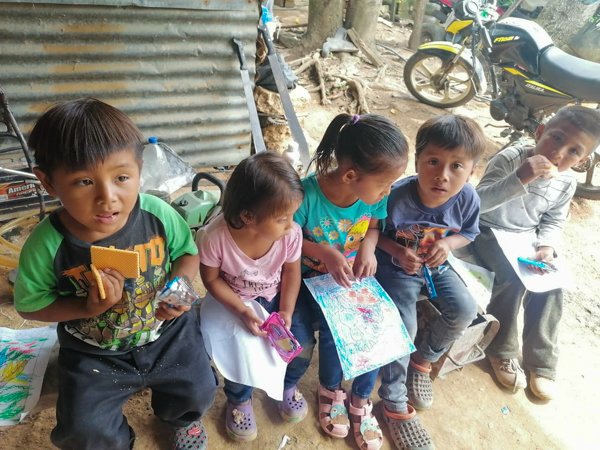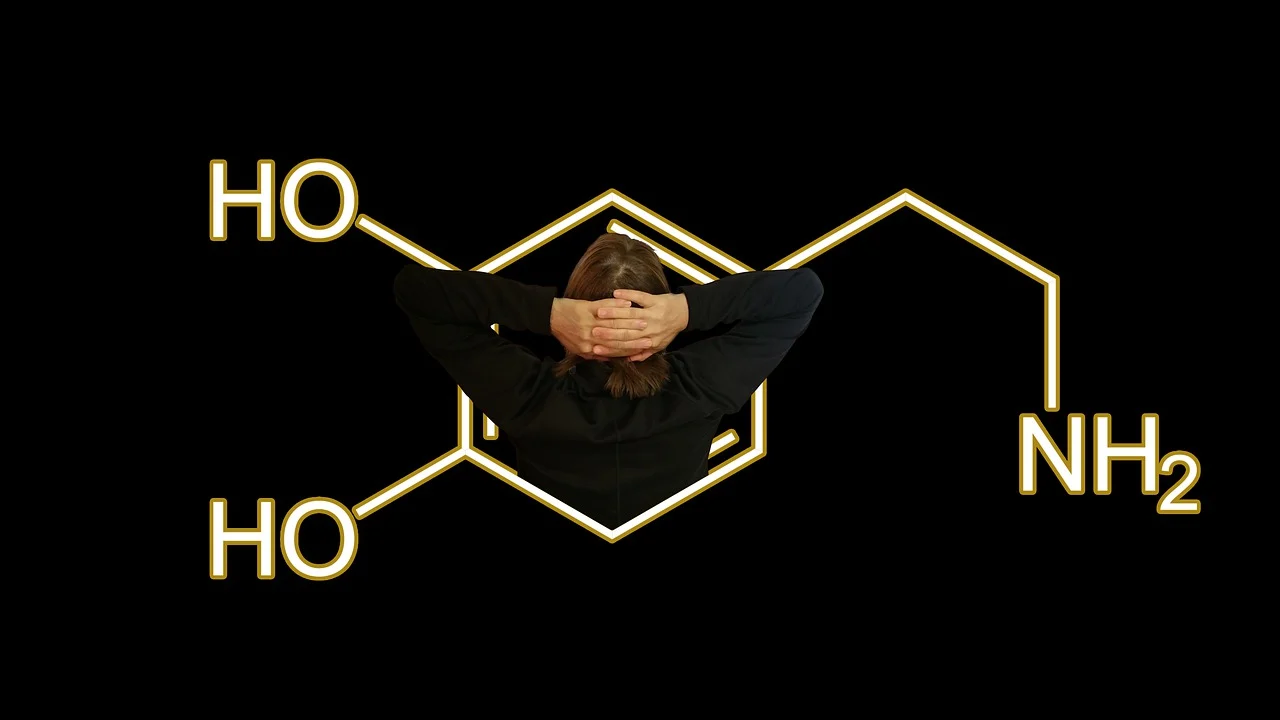More experience, less preaching

Several weeks ago, in a European capital, one of those rare meetings that are becoming ever less frequent took place. It was a gathering, a dialogue, between individuals from vastly different cultural backgrounds who tackled issues such as the importance of truth and freedom, as well as the relationship that can exist between the two when there’s an aspiration not to censor any aspect of the human dimension. The speakers were exemplars of what Charles Taylor terms “new seekers of meaning” –new not because they are young, but because they transcend the usual dialectical oppositions, ideological reductions or taken-for-granted certainties.
Amid the concern for an era marked by escalating drama and growing dissatisfaction with the responses of political leaders, elites, media, and their clichés, one speaker pondered how the assertion of truth, meaning, and value could find its place without encroaching on freedom. This is the grand question that postmodern humanity has inherited from its modern predecessor. Another speaker voiced the same concern: a solution to the current crisis might be sought in defending truth in a manner that doesn’t respect free consent. Paradoxically, examples of this approach are proliferating in these times.
The question demands an urgent answer. As highlighted by the recent and comprehensive study Values — Politics — Religion: the European Values Study, “the enormous mental and psychological issues that have surged during the pandemic, war, and the current economic crisis necessitate an education in values.” We might replace the term “values” (always limited because it can lead to a reductive moralism) with “meaning.”
The issue is that “young people face challenges for which many of the values (or meaningful responses) of their ancestors no longer seem sufficient.” It further notes: “The intergenerational transfer of values is no longer assured, posing a threat to intergenerational solidarity and social cohesion.”
Regina Polak, a university lecturer and the OSCE representative for the fight against racism who edited the study, emphasizes that the failure in transmitting certainties manifests in a loss of trust in the liberal democratic system. As a result, parties with authoritarian appeals are on the rise. Financial crises, bank bailouts and corruption scandals have eroded trust in both national and international elites. Far-right groups exploit the anxiety and fears stemming from this dynamic, appealing to those who no longer feel politically represented by traditional liberal parties.
This dynamic isn’t limited to those who feel socially disenfranchised or threatened. The mistrust spreads across various layers of the population, marking a pattern that should be seen as one of the primary roots of the crisis facing liberal democracy.
What is the solution when there is no transmission of what, until recently, was considered truth, when there is no conveyance of meaning or when truth and meaning feel as dry as abstraction? Polak highlights: “We need to develop alternatives. People with anti-democratic leanings likely don’t need moral lectures.” She adds: “A generalized moral disqualification of that portion of the population which avoids the democratic guidelines of the EU seems counterproductive.” The issue is that “for many people, the practice of liberal democracy is not a real-life experience.”
Thus, less talk and more action is needed. “We need readily accessible places where (…) people can experience the value of liberal democracy.” The only realm where the apparent conflict between truth and freedom is resolved is through experience.

 2
2
 0
0

